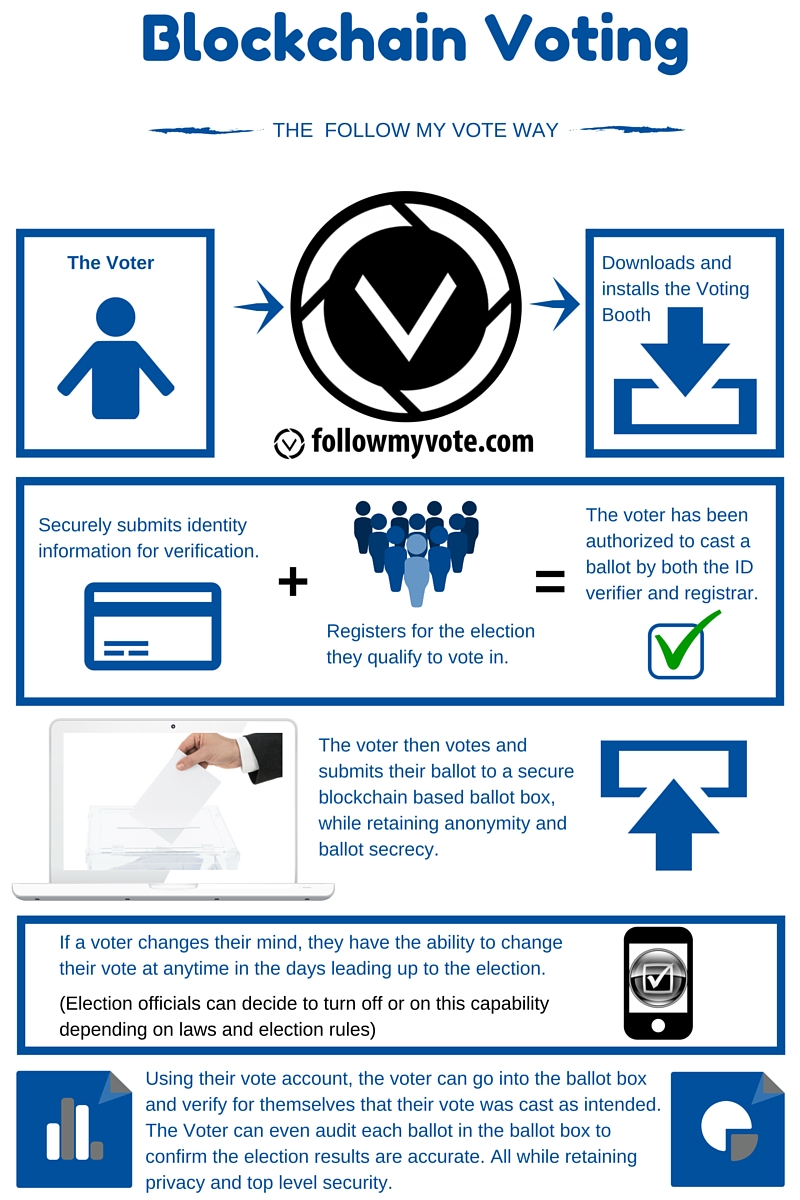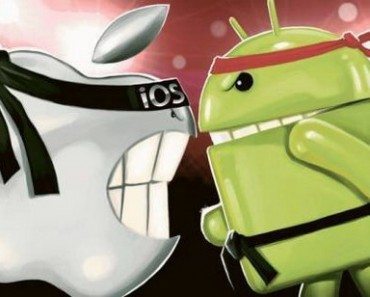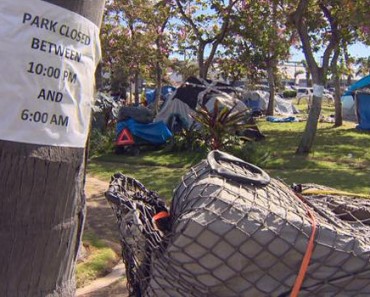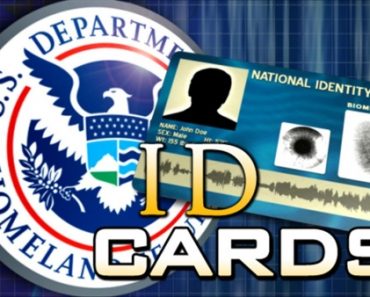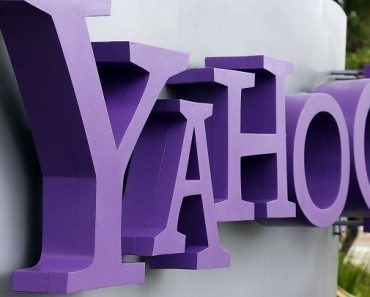With current concerns over polling stations, voter suppression, voter fraud, and slow rate of counting votes many Americans are questioning the methods we have in place for voting. However, Blockchain voting is an intriguing alternative method exists that could change the way Americans vote and simplify the democratic process.
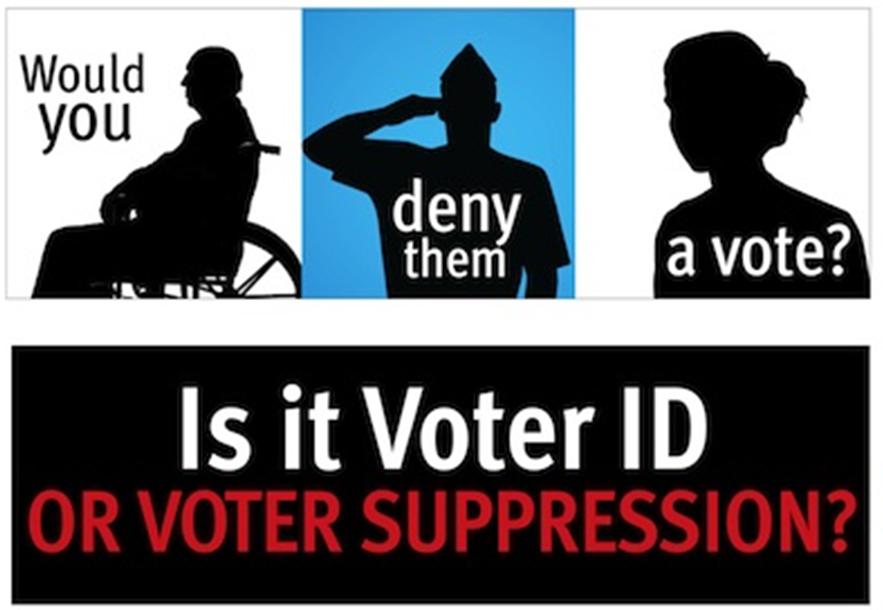
pulpdiddyspermutations.com
The Democratic National Committee was recently served a class action lawsuit from Bernie Sanders supporters over allegations of voter fraud and collision after the recent Guccifer 2.0 leaks which showed the Clinton campaign had been working with the DNC prior to her even announcing her run for the Presidency. This comes after major voter irregularities throughout the Democratic Primary – most famously in Arizona and New York which continue to be a point of concern among Sanders supporters.
While major news outlets deemed the California Primary a victory for Secretary Hillary Clinton, the vote continues to be tabulated to this day. The various different forms of voting, deeming which ballots are eligible for counting, and general under staffing of qualified individuals to help in the process has forced the proceedings to move at a snail’s pace. In a Democratic society that has the largest Gross Domestic Product in the world – these type of voting issues are avoidable.
A group by the name of Follow My Vote has introduced a voting system based on the Blockchain method. On their website they describe Blockchain in the following:
How Would Blockchain Help?
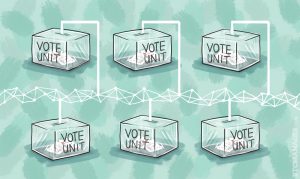
btcmanager.com
Blockchain is an advanced system that contains more security measures than in the current system we have, which could easily be manipulated by an immoral actor with a particular agenda whether through tampering with ballots, voting machines, or discarding of ballots that were not in their favor. Other concerns is the time required it takes to vote, which is concerning for voters who may have class or work on voting day. The lack of a holiday on the Tuesday where voting takes place is another concern as are restrictions often pushed by conservative politicians to restrict early voting times.
Follow My Vote provides further details on how Blockchain ensures stored data isn’t corrupted by an immoral actor that could falsify all of the data uploaded into the system:
Blockchain technology solves these problems by creating a network of computers (called nodes) which each store a copy of the database, and a set of rules (called the consensus protocol) which define the order in which nodes may take turns adding new changes to the database. In this way, all of the nodes agree as to the state of the database at any time, and no one node has the power to falsify the data or to censor changes. The blockchain further requires that an audit trail of all changes to the database is preserved, which allows anyone to audit that the database is correct at any time.
This audit trail is composed to the individual changes to the database, which are called transactions. A group of transactions which were all added by a single node on its turn is called a block. Each block contains a reference to the block which preceded it, which establishes an ordering of the blocks. This is the origin of the term “blockchain”: it is a chain of blocks, each one containing a link to the previous block and a list of new transactions since that previous block.
When a new node joins the network, it starts with an empty database, and downloads all of the blocks, applying the transactions within them to the database, to fast-forward this database to the same state as all the other nodes have. In essence, a blockchain establishes the order in which transactions were applied to the database so that anyone can verify that the database is accurate by rebuilding it from scratch and verifying that at no point was any improper change made.
This is the same method which has been successful in tracking Bitcoin ownership and transactions. Matthew Daniel of Bitcoin Magazine detailed the advances of e-voting in an article he published last year:
…Last year Denmark’s Liberal Alliance became the first political party to vote using a blockchain-based system for its internal elections. Similar systems have since been adopted in Norway and Spain and the movement is gathering momentum in the United States.
Blockchain in Online Voting
There is a common misconception that voting cannot be done online in a secure way. However, the introduction of blockchain technology is changing the conversation –
followmyvote.com
Adam Ernest, CEO Follow My Vote
The Blockchain voting method allows for voters to count votes themselves (while the votes are anonymous). Every voter also has the ability to review votes to ensure none were altered, added, or removed. The audit trail of the Blockchain system allows this to happen through the network of nodes that hold the results for all to see. The nodes are also programed in a certain way to detect unauthorized changes to the system that would question the legitimacy of the vote.
Diana Bogdan of Coinfox detailed the recent progress of the acceptance of Blockchain voting:
The idea (and the ideology) behind blockchain voting, however, extends further than electronic voting machines and the US presidential primaries. In February, Ukrainian and US blockchain entrepreneurs signed a memorandum to develop an Ethereum-based e-voting system. In April, Russia’s central securities depository announced that it had successfully tested a distributed ledger e-proxy voting system.
Moreover, Scott Wiener and Chris Jerdonek advocated for a “fully transparent voting system” for San Francisco, arguing that “by building an open-source system, San Francisco would no longer be locked in to a single vendor” and that “once developed and certified, the system could benefit not just San Francisco but the entire country.”
Blockchain voting would bring about a transparency that has never been seen in electoral politics in the United States. It would also make it far more difficult for powerful institutional structures to work in a questionable manner to favor one candidate over another. While there is no guarantee that Blockchain voting would solve all of our electoral issues, it is a method that is worth trying in order to preserve democracy and increase engagement in the political process.

